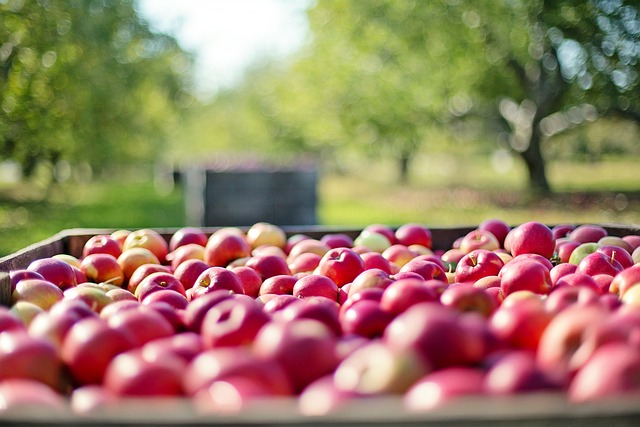Probiotics Unleashed: Enhancing Athletic Performance and Recovery
As an athlete, reaching peak performance and optimizing recovery are always top priorities. While training,
proper nutrition, and rest play significant roles, an often overlooked aspect is the impact of gut health on
athletic performance. This is where probiotics come into play. In recent years, probiotics have gained
considerable attention for their potential to enhance athletic performance and aid in post-workout recovery.
Let’s explore the benefits of probiotics in the world of sports and how they can unleash your athletic
potential.
Understanding Probiotics
Probiotics are live microorganisms that provide numerous health benefits when consumed in adequate amounts.
They are commonly known as the “good” or “friendly” bacteria that naturally reside in our gut. These bacteria
help maintain a healthy balance in the digestive system and support proper nutrient absorption. Consuming
probiotics through food or supplements can significantly improve gut health and overall well-being.
The Gut Microbiome and Athletic Performance
The gut microbiome, a community of trillions of microorganisms residing in our digestive tract, plays a crucial
role in many aspects of our health, including athletic performance. Emerging research suggests that the gut
microbiota can affect energy metabolism, immune function, and even cognitive processes. By optimizing the gut
microbiome, athletes may experience improved endurance, reduced inflammation, and enhanced recovery.
Benefits of Probiotics for Athletes
1. Enhanced Nutrient Absorption: Probiotics aid in the breakdown and absorption of nutrients from the food we
consume. This can lead to improved nutrient availability, which is vital for an athlete’s energy production and
muscle function.
2. Stronger Immune System: Intense training can suppress the immune system, making athletes more susceptible to
infections. Probiotics have been shown to strengthen the immune response, potentially reducing the risk of
illness and supporting overall well-being.
3. Reduced Inflammation: Strenuous exercise can induce inflammation in the body, leading to muscle soreness and
prolonged recovery time. Certain strains of probiotics have anti-inflammatory properties, helping to mitigate
exercise-induced inflammation and promote faster recovery.
4. Improved Gut Integrity: Intense physical activity can disrupt the gut barrier function, allowing harmful
substances to enter the bloodstream. Probiotics can help strengthen the gut lining, reducing the risk of
leaking gut and related health issues.
Choosing the Right Probiotics
Not all probiotics are created equal, and different strains have varying effects on the body. When selecting a
probiotic supplement, it is essential to consider the following factors:
- Strain specificity
- CFU (colony-forming units) count
- Viability and stability of the supplement
- Evidence-backed benefits
Consulting with a healthcare professional or registered dietitian who specializes in sports nutrition can help
athletes determine the most suitable probiotic for their specific needs.
Integrating Probiotics into Your Routine
To unleash the benefits of probiotics for athletic performance and recovery, here are some practical steps to
consider:
- Include probiotic-rich foods in your diet, such as yogurt, kefir, sauerkraut, and kimchi.
- Choose a high-quality probiotic supplement that meets your specific requirements.
- Ensure a varied and balanced diet to provide a favorable environment for probiotics to thrive.
- Follow proper storage and handling guidelines for probiotic supplements to maintain their efficacy.
- Monitor and assess how probiotics affect your athletic performance and recovery. Adjust your routine as
needed.
Conclusion
As an athlete, optimizing your performance and recovery should be a priority. The growing body of evidence
suggests that a







